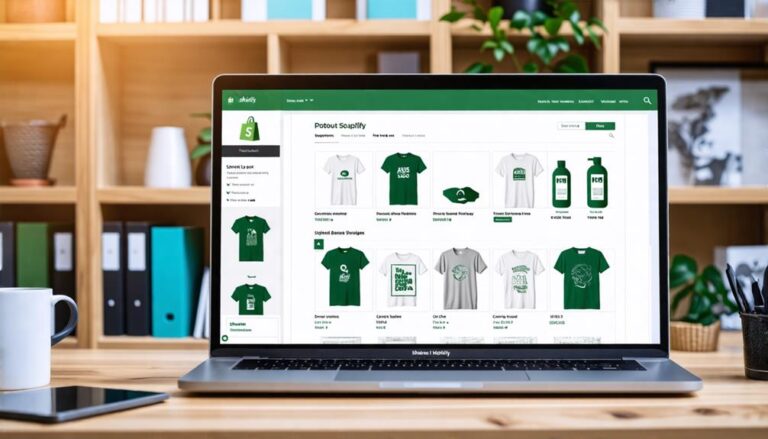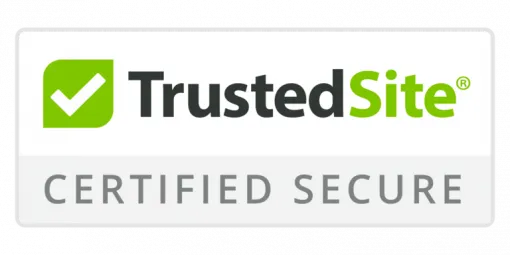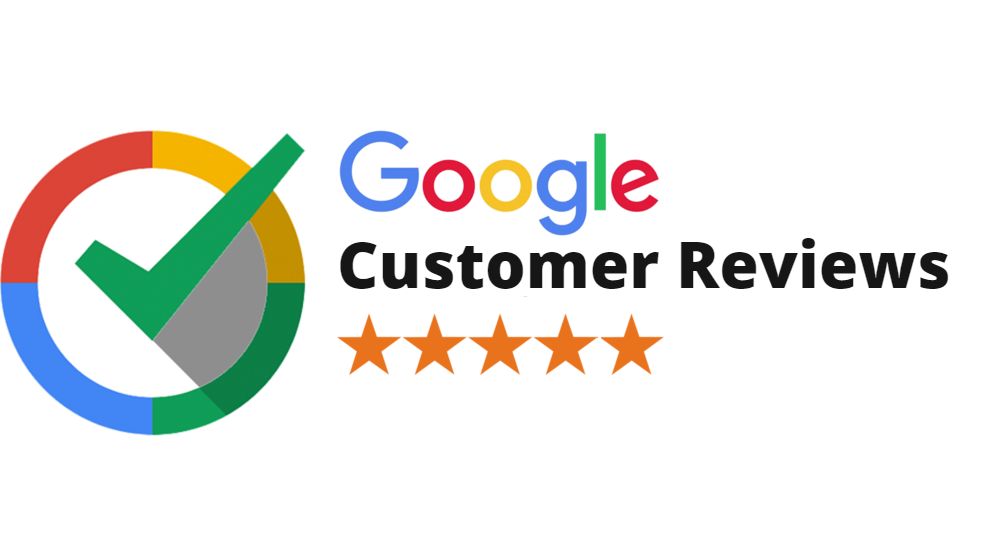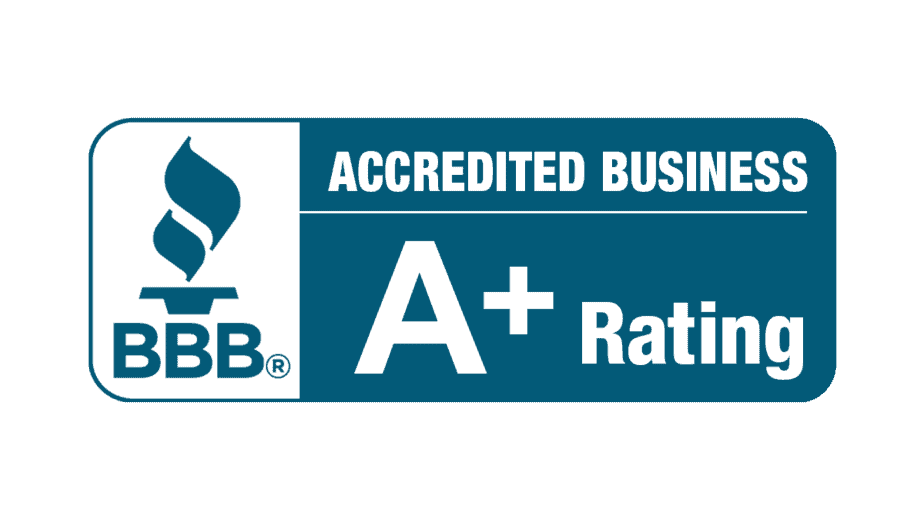Creating a portfolio website that showcases your creative work can be a powerful side hustle that elevates your career. But where do you start? Establishing an online presence that attracts potential clients and boosts your career involves several key steps.
Firstly, choose a website platform that suits your needs. Popular options include WordPress, Wix, and Squarespace, each offering various templates and customization options to help you create a visually appealing and functional site.
Next, organize your work effectively. Categorize your projects by type or industry, and highlight your best pieces prominently. Include detailed descriptions, high-quality images, and any relevant client testimonials to provide context and credibility.
Optimizing your website for search engines is crucial. Use SEO best practices, such as including relevant keywords in your project descriptions, meta tags, and image alt texts. This will help increase your site's visibility on search engines, attracting more potential clients.
Finally, regularly update your portfolio with new work and keep your contact information easily accessible. This ensures that your website remains current and provides a reliable means for potential clients to reach you.
A well-crafted portfolio is just a few steps away, but the decisions you make now will determine how effectively it promotes your brand and brings in new opportunities. Your online presence is waiting – start by selecting a platform, organizing your work, and optimizing for search engines.
Defining Your Target Audience
When developing a portfolio website for your side hustle, it's crucial to identify your target audience first, as their expectations and needs will significantly shape the content, design, and overall user experience of your site.
Start by collecting data on audience demographics, such as age, location, and occupation. This information will enable you to customize your site to effectively engage and resonate with your audience.
With these demographics in mind, create user personas to guide your design decisions. These personas should outline the goals, behaviors, and motivations of your target audience.
For instance, if your side hustle is graphic design, your user persona might be a small business owner seeking affordable branding solutions. By understanding their needs and expectations, you can develop a site that highlights your skills and addresses their specific challenges.
Choosing a Website Platform
You're now ready to choose a website platform that showcases your side hustle and resonates with your target audience.
To make an informed decision, you'll need to weigh the pros and cons of popular options like WordPress, Wix, and Squarespace.
Popular Website Options
Choosing the right platform for your side hustle's website is a crucial decision that will influence its design, functionality, and overall user experience. You'll want a platform that offers the flexibility and customization needed to effectively promote your side business.
Wix templates, for example, provide a user-friendly interface and a variety of drag-and-drop tools, making it simple to create an impressive website without extensive coding knowledge.
WordPress themes offer a high degree of customization, with thousands of themes and plugins available to tailor your website to your specific needs.
Squarespace features a sleek and modern design aesthetic, with a range of templates and layout options to help you create a visually stunning site.
Adobe Portfolio and Behance showcases are excellent choices for creatives already invested in the Adobe ecosystem, offering seamless integration with other Adobe tools.
Webflow designs, on the other hand, offer advanced features and customization options for those with coding skills.
Consider your specific needs and skill level when choosing a platform – the right choice will pay off in the long run.
Key Considerations Checklist
Key Considerations Checklist for Your Side Hustle's Website
To ensure your side hustle's website meets your specific needs, evaluate potential website platforms based on these key factors: functionality, customization options, user experience, integration capabilities, scalability, and cost.
When choosing a platform, consider if it has the necessary functionality to showcase your side hustle effectively. Does it offer customizable templates to align with your brand? Is the user experience smooth and intuitive? Can you integrate it with social media or other essential tools for your business?
Here's a quick rundown of what to look for:
| Key Consideration | What to Look For |
|---|---|
| Functionality | Can you easily showcase your products or services? |
| Customization Options | Can you tailor the design to reflect your brand identity? |
| User Experience | Is the platform user-friendly and easy to navigate for both you and your customers? |
| Integration Capabilities | Can you connect with other crucial tools, like social media and payment gateways? |
| Scalability & Cost | Can the platform grow with your side hustle, and what are the costs involved? |
Additionally, ensure the platform is mobile-responsive, as it's crucial for reaching potential clients on-the-go. By evaluating these key considerations, you'll ensure that your website platform sets your side hustle up for success.
Registering a Domain Name
Registering a domain name is a crucial first step in establishing a professional online presence for your side hustle. You want a domain name that reflects your brand and is easy for potential clients to remember.
Start by brainstorming a list of potential domain names that incorporate your name, the nature of your side hustle, or the services you offer. Consider the keyword relevance of your domain name – including relevant keywords can improve your website's visibility in search engine results.
As you narrow down your list, keep in mind the importance of simplicity and memorability. Aim for a domain name that's short yet descriptive.
When you think you've found the perfect name, check its availability using an online domain name registrar. Register your chosen domain name as soon as possible to prevent someone else from claiming it.
Your registered domain name will serve as the foundation of your online presence and will play a critical role in shaping your professional brand.
Selecting a Web Host Service
Now that you've registered your domain name, you'll need to choose a reliable web host to store and serve your side hustle website.
As you explore your options, consider factors such as uptime guarantees, customer support, and security measures—these will all impact the performance and credibility of your site.
Your goal is to select a hosting plan that balances affordability with the features and support you need to grow your side hustle effectively.
Web Host Reliability Factors
When choosing a web host service for your side hustle, it's crucial to focus on reliability factors that minimize downtime and ensure your business website is always accessible to potential customers.
Opt for a web host that guarantees high server uptime, ideally above 99.9%, to prevent losses from website inaccessibility. Look for a service that provides responsive customer support through channels like live chat, email, or phone to help you quickly resolve any issues that could impact your side hustle.
Consider bandwidth limits that match your expected website traffic to avoid extra fees or slow loading speeds, which could deter customers. Ensure the host prioritizes data security with robust measures such as SSL certificates, firewalls, and regular malware scans to protect your business and customer information.
Additionally, check for backup options and scalability features to accommodate your growing needs. Performance metrics like page load times and error rates should be transparently reported.
Choosing Hosting Plans
With a solid understanding of web host reliability factors, you're ready to select a hosting plan that meets your side hustle's specific needs and budget, guaranteeing a seamless online experience for your customers.
You'll want to take into account the type of hosting that suits your side hustle: shared hosting for small projects, managed hosting for hassle-free maintenance, cloud hosting for scalability, or dedicated hosting for high-traffic sites.
When evaluating hosting plans, focus on performance metrics that matter to your side hustle, such as uptime, load speed, and storage capacity. You also want a host with reliable customer support, available 24/7 to address technical issues.
Here are three key factors to take into account when choosing a hosting plan for your side hustle:
- Scalability: Will your host grow with your side hustle, or will you outgrow it too quickly?
- Security: What measures does the host take to protect your site from malware, hacking, and data loss?
- Support: How quickly can you get help when technical issues arise, and what channels are available (phone, email, chat)?
Carefully weighing these factors will guarantee you find a hosting plan that supports your side hustle's growth and delivers a seamless online experience for your customers.
Designing a Visually Appealing Site
As you begin designing your portfolio website for your side hustle, your goal is to create a visually appealing site that showcases your skills and captivates your audience's attention. You want to make a strong first impression, and that starts with a well-designed homepage.
Consider the color psychology behind your brand's color scheme – what emotions do you want to evoke in your visitors? Cool blues and greens can convey professionalism and calmness, while bold reds and oranges can evoke creativity and energy.
When it comes to layout principles, balance is key. You don't want your site to feel cluttered or overwhelming. Use white space effectively to create a sense of flow and guide your visitors' eyes through your content.
A clean and simple layout will allow your work to shine, while a cluttered and confusing layout can detract from it. By applying these principles, you'll create a visually appealing site that showcases your skills and leaves a lasting impression on your audience.
Creating a User-Friendly Interface
Now that you have a visually appealing side hustle site, you need to make sure it's also easy to use. Focus on creating a user-friendly interface that helps visitors quickly find the information they need and encourages them to explore your offerings.
A well-designed user experience (UX) is essential in making your side hustle website effective. You'll need to take into account how users will navigate your site, ensuring that it's intuitive and logical.
To achieve an intuitive navigation, focus on the following key elements:
- Organized menu: Use clear, concise labels and a logical menu structure to make it easy for users to find what they're looking for.
- Clear typography: Use readable font sizes and line spacing to enable visitors to quickly scan and understand your content.
- Intuitive buttons: Use buttons that clearly indicate their purpose and respond quickly to user interactions.
Developing a Content Strategy
Your content strategy serves as the backbone of your side hustle website, playing a crucial role in engaging audiences, showcasing your expertise, and driving business results. It is vital to develop a content strategy that resonates with your target audience and highlights your unique strengths.
| Content Theme | Description | Benefits |
|---|---|---|
| Project Showcase | Highlight your best side hustle projects with case studies and visuals | Demonstrates expertise, builds credibility |
| Behind-the-Scenes | Share your process, planning, and iterations for your side hustle projects | Humanizes your brand, fosters audience engagement |
| Industry Insights | Share your thoughts on trends and news relevant to your side hustle niche | Establishes thought leadership, drives traffic |
Building a Strong Portfolio Section
As you build your portfolio section for your side hustle, you'll want to showcase your best work to capture the attention of potential clients or collaborators.
To do this effectively, curate your projects carefully, grouping similar works into clear categories that make it easy for viewers to scan and understand your expertise.
Curating Your Best Work
Curating Your Best Side Hustle Work
Selecting only your most exceptional side hustle projects is essential to building a strong portfolio that effectively showcases your skills and accomplishments. A well-curated portfolio section is vital to grabbing the attention of potential clients, employers, and collaborators. When it comes to portfolio aesthetics, it's about quality, not quantity.
You need to make some tough decisions when it comes to work selection. To help you decide, here are three guidelines:
- Consistency: Choose projects that consistently showcase your expertise within your side hustle, making your professional brand cohesive.
- Uniqueness: Select projects that set you apart from others and showcase innovative thinking or specialized skills specific to your side hustle.
- Depth: Focus on a range of in-depth side hustle projects instead of sharing a few generic samples or surface-level snippets.
As you make these deliberate decisions, consider whether your curated projects collectively accurately convey the value you provide to others through your side hustle.
Every showcased project has the power to open (or shut) professional opportunities. Prioritizing curating the cream of the crop maximizes the conversion of visits into positive real-world responses!
Organizing With Clear Categories
Clear categories form the backbone of a well-organized side hustle portfolio, allowing viewers to quickly scan and understand the breadth of expertise on display. By establishing a clear category hierarchy, you make it easy for potential clients or employers to navigate your work and see your capabilities. This intuitive navigation is key to keeping viewers engaged.
When organizing your side hustle portfolio, consider the following categories and subcategories:
| Category | Subcategory |
|---|---|
| By Medium | Photography, Videography, Graphic Design |
| By Industry | Advertising, Editorial, Fine Art |
| By Service | Branding, Web Design, Print Design |
Writing Effective Project Descriptions
Crafting compelling project descriptions for your side hustle is essential to showcase your skills and achievements while providing a narrative that highlights your entrepreneurial journey. Effective storytelling in your project descriptions can captivate your audience, making them more interested in your work.
Here are three key elements to include:
- Clear objectives and challenges: Define the goals of your side hustle projects, any obstacles you encountered, and how you overcame them. This demonstrates your problem-solving abilities and commitment to delivering results.
- Engaging visual elements: Incorporate high-quality images or videos to display your work and break up the text. This will make your project descriptions more dynamic and help your audience visualize the final outcomes.
- Measurable outcomes and takeaways: Provide metrics or statistics to quantify the success of your projects, and highlight the lessons you learned from the experience. This shows your capability to achieve impactful results and grow as an entrepreneur.
Establishing a Personal Brand
As you build your online presence for your side hustle, establishing a strong personal brand is essential because it directly impacts how visitors perceive you and your professional reputation. Your personal brand is what sets you apart from others and showcases your unique value proposition.
To establish a strong personal brand, you need to develop a clear and consistent visual identity that reflects your personality, skills, and expertise. When creating your portfolio website for your side hustle, consider incorporating visual identity elements such as a custom logo, typography, and color palette that aligns with your personal brand.
Invest time in researching and experimenting with personal branding strategies, seeking inspiration from creatives and experts in your field. Make certain that your personal brand is authentic, as a genuine and transparent brand resonates with potential clients.
A well-crafted personal brand also increases the chances of attracting the type of projects and clients you desire for your side hustle, helping you build a fulfilling career as a creative professional.
Optimizing for Search Engines
With your personal brand established, ensuring that your side hustle's portfolio website is discoverable by potential clients is crucial, and that's where search engine optimization (SEO) comes in.
To boost your online visibility, you need to understand how search engines operate and what they prioritize. Keyword research is essential here—identifying the words and phrases your target audience uses to find services like yours.
Here are three key steps to optimize your side hustle's portfolio website for search engines:
- Conduct thorough keyword research: Utilize tools like Google Analytics and Keyword Planner to pinpoint relevant keywords and phrases.
- Implement on-page optimization: Make sure each page on your website is optimized with meta tags, headings, and descriptions that accurately reflect your content.
- Create high-quality, keyword-rich content: Naturally incorporate your target keywords throughout your website's content, including your portfolio, blog, and about pages.
Conclusion
As you launch your side hustle portfolio website, remember that the 'proof is in the pudding.' A well-crafted online presence is the key to attracting new clients and growing your side business.
By defining your target audience, selecting the right platform, and showcasing your best work, you'll be well on your way to establishing a strong personal brand.
Don't let your talent go unnoticed—optimize for search engines and make it easy for potential clients to find and hire you for your side hustle projects.
















































0
View comments